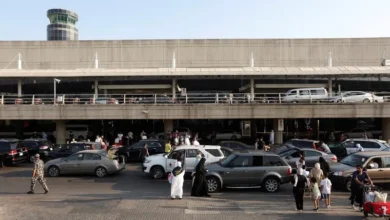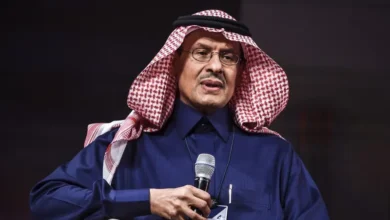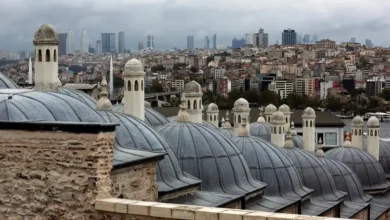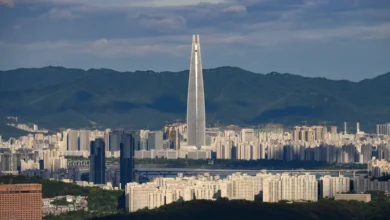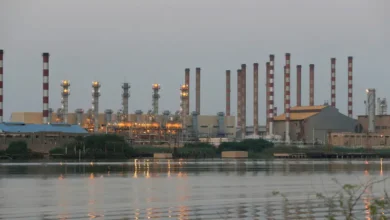Saudi Arabia eyes reviving multibillion dollar Aramco share sale

Saudi Arabia is considering plans to revive a follow-on offering in Aramco as soon as February, in a multibillion-dollar deal that’s likely to rank among the biggest share sales in recent years, according to people familiar with the matter.
The Kingdom is working with a group of advisers and is seeking to potentially raise at least 40 billion riyals ($10 billion) from the share sale on the Saudi stock exchange, the people said, asking not to be identified because the information is private.
A successful deal would bring in funds for Crown Prince Mohammed bin Salman’s ambitious push to diversify the economy.
Plans for the new sale comes four years after Saudi Arabia raised about $30 billion in Aramco’s initial public offering, which was the world’s largest ever stock sale.
There’s no final decision on the timing of the sale and the deal could still be delayed. The Saudi government referred requests for comment to Aramco, which declined to comment.
The firm is the world’s biggest oil exporter, with a market value of just over $2 trillion. The company this week surprised the market by abandoning plans to boost its oil production capacity, a move that will free up billions of dollars of spending that can be used elsewhere.
MBS had said in January 2021 that the government would look to sell more shares in the firm, with proceeds transferred to the Kingdom’s sovereign wealth fund. Those plans had been gaining momentum last year, Bloomberg reported in May.
The Saudi government directly owns about 90 percent of Aramco, with a further 8 percent held by the Public Investment Fund.
The fund, chaired by MBS, was the biggest spending sovereign wealth fund globally last year. It’s the key vehicle for his ambitions to reshape the Saudi economy, spending billions on everything from investing in electric car makers, creating a new airline to backing upstart golf tournaments. Aramco Chairman Yasir al-Rumayyan is also governor of the fund.
The company was ordered by the government to halt raising its oil output capacity to 13 million barrels a day. It’s been ordered by the government to hold it at 12 million instead, which would leave the company with a 3 million a day buffer relative to its current production level.

